Large swathes of Sydney, New York, Shanghai, London and other major capital cities could disappear under massive waves of water and millions driven into poverty, fresh climate reports warned.
If global warming continues on its present trajectory of 4 degrees Celsius, rising sea levels will claim land inhabited by more than 600 million people, according to a survey by Climate Central, a US-based research group.
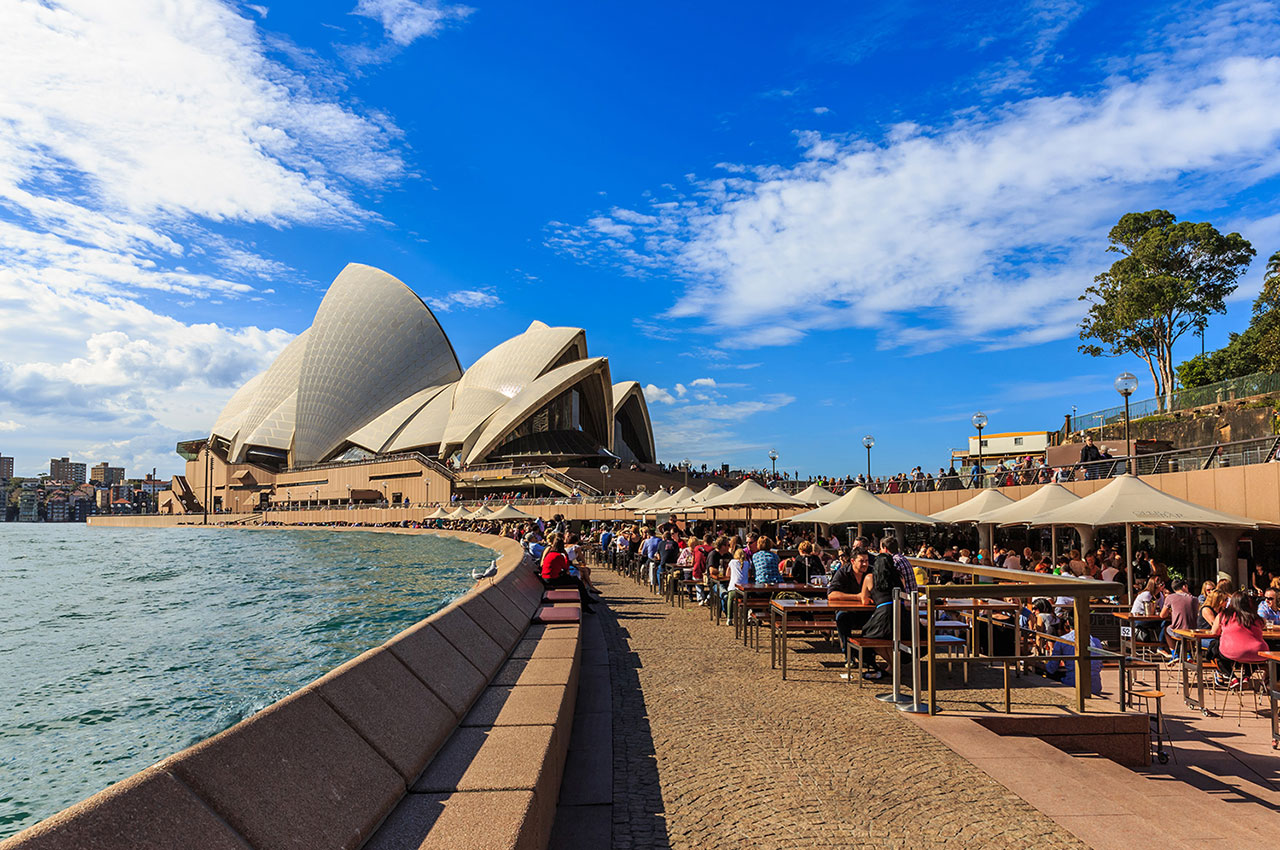 |
| Sydney's famous Circular Quay after 2 degrees Celsius of warming. Photo: Climate Central |
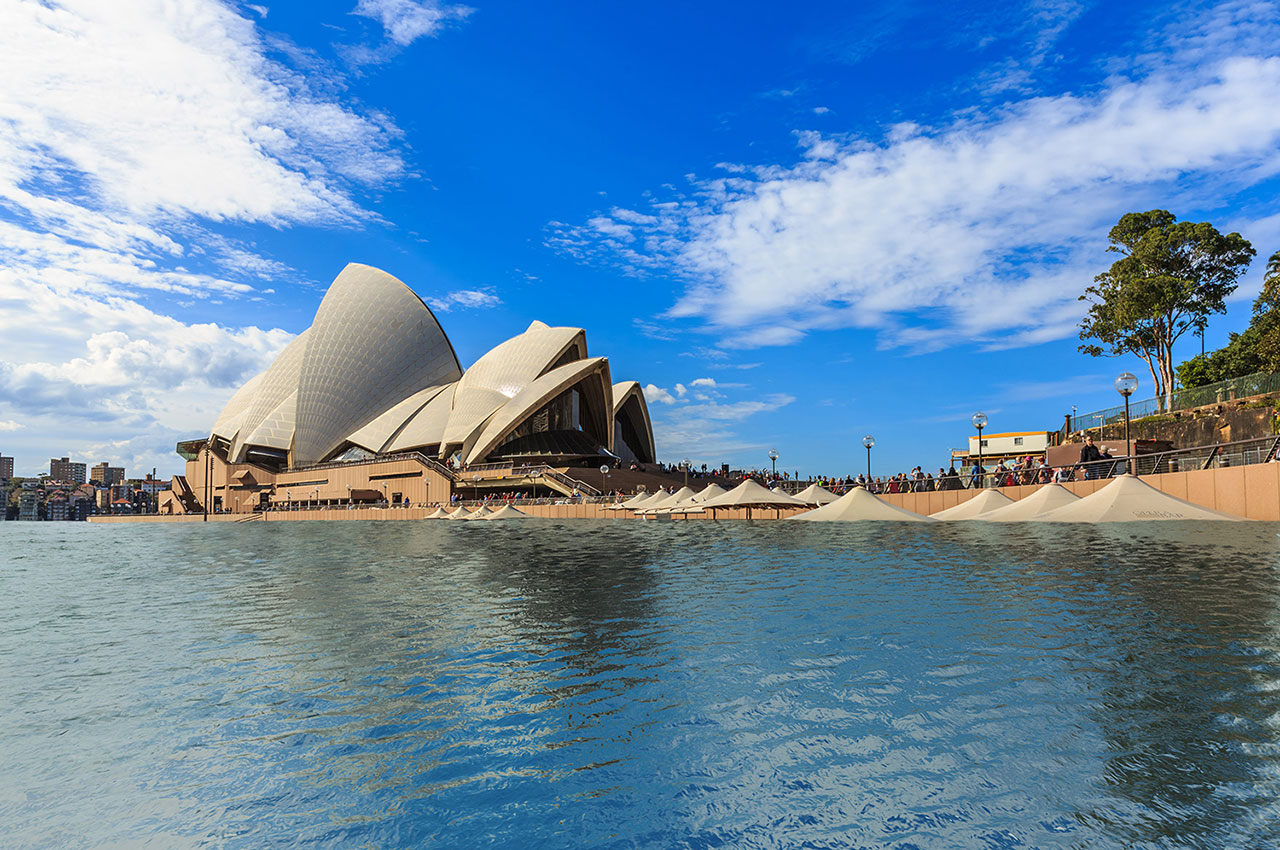 |
| Sydney's famous Circular Quay after a more concerning 4 degrees Celsius of warming. Photo: Climate Central |
Such a rise would hit China the hardest, with around 145 million people living in coastal areas that would be submerged, the report warned.
Even if the Paris summit, which starts on November 30, succeeds in its goal of limiting temperature rises to 2 degrees Celsius, around 280 million people would find their homes underwater, forecast Climate Central.
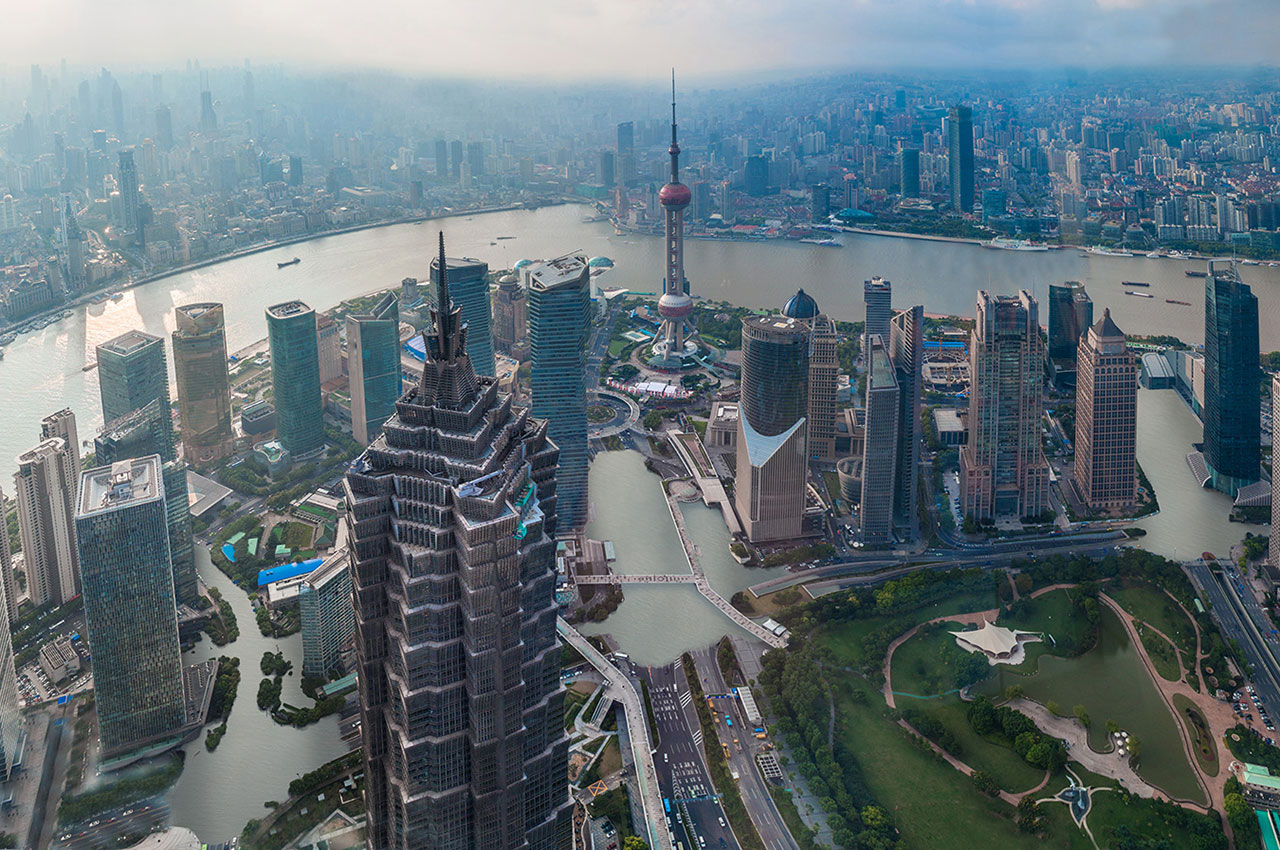 |
| Shanghai after a 2 degree Celsius rise in temperature. |
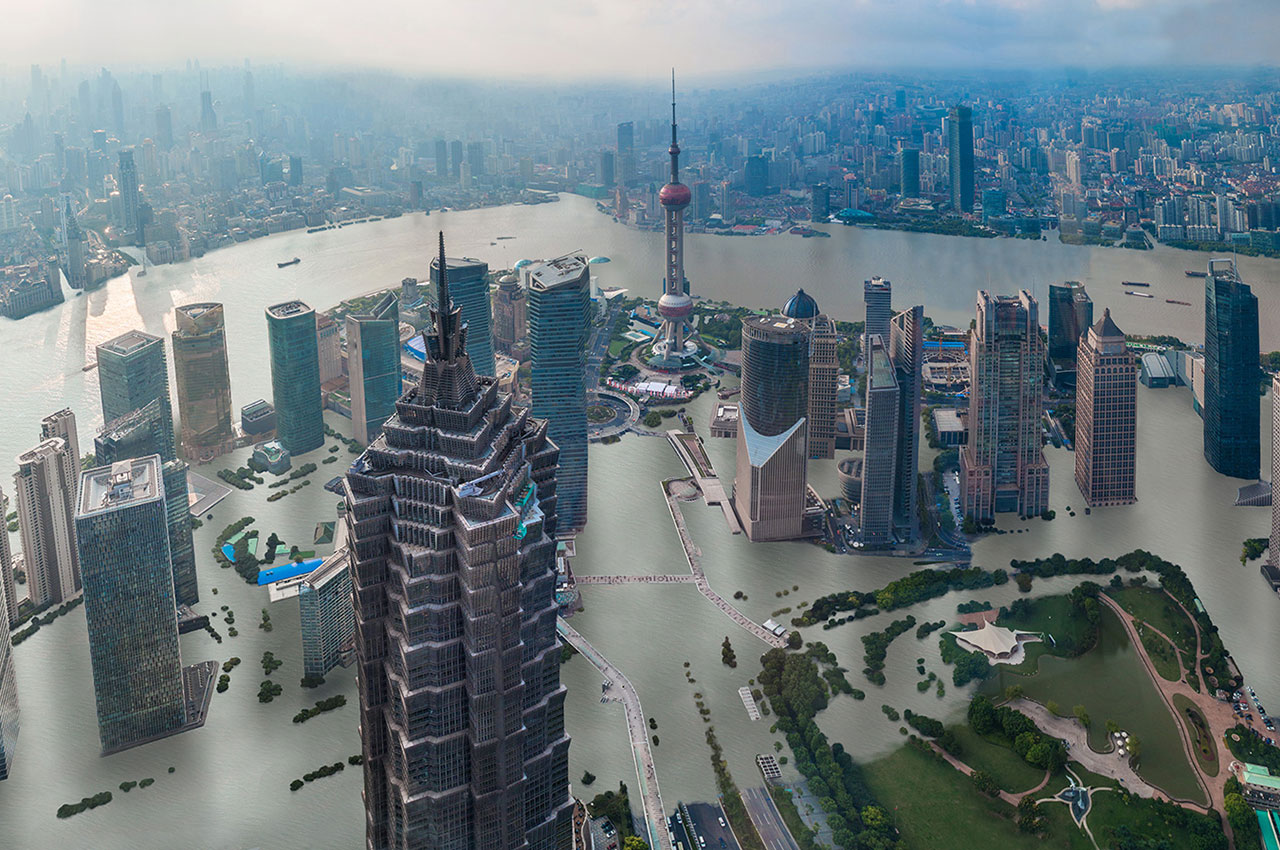 |
| Shanghai after a 4 degree Celsius rise in temperature. Such a rise would hit China the hardest, with around 145 million people living in coastal areas that would be submerged, the Climate Central warned. |
A separate World Bank study released late Sunday said there could be "more than 100 million additional people in poverty by 2030" if action was not taken to stem climate change.
"The poor are more vulnerable to climate-related shocks than wealthier people," said the report, urging "strong action" from leaders and diplomats at the Paris summit.
French Foreign Minister Laurent Fabius, who is hosting the meeting, issued his own dire warnings as ministers gathered in the French capital for eleventh-hour negotiations.
"It is life on our planet itself which is at stake," Fabius told journalists as ministers and climate envoys from 70 countries met for pre-summit talks to iron out tough political questions.
With the key UN conference just three weeks away, Fabius also announced Russia's President Vladimir Putin would attend the November 30 opening.
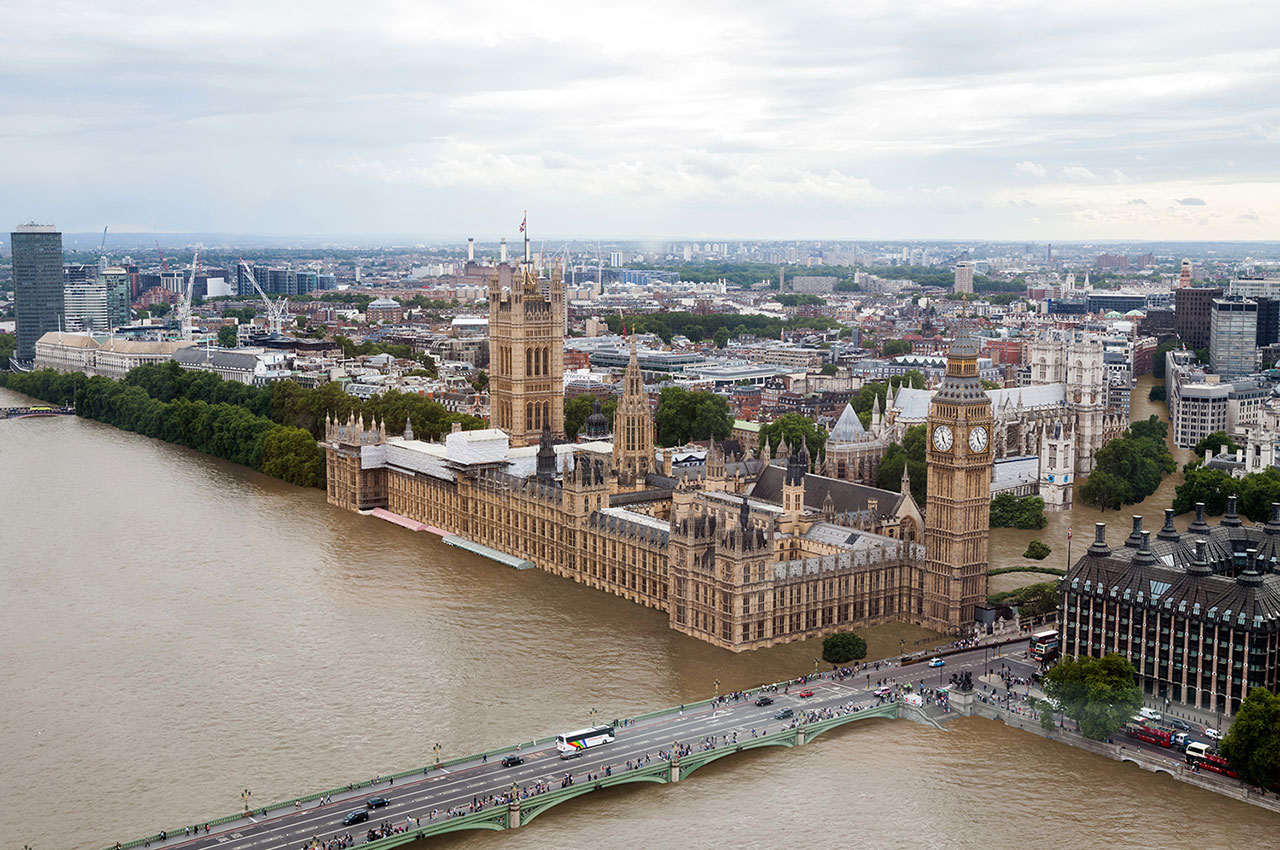 |
| London after a 2 degree Celsius rise in temperature. Photo: Climate Central |
 |
| London after a 4 degree Celsius rise in temperature. Photo: Climate Central |
"There is absolute urgency," said Fabius, to achieve the UN goal of limiting global warming to two degrees Celsius (3.6 degrees Fahrenheit) over pre-Industrial Revolution levels.
The UN's climate science panel has warned of an average temperature rise of "four, five, six degrees, if we do not act extremely quickly," he said.
"This would have catastrophic consequences because there would be drought... and colossal migration problems, including problems of war and peace."
 |
| Durban after a 2 degree Celsius temperature rise. Photo: Climate Central |
 |
| Durban after a 4 degree Celsius temperature rise. Photo: Climate Central |
Britain's Met Office announced Monday that local mean surface temperatures were set to reach 1 C above pre-industrial levels for the first time -- half-way to the 2 C threshold which scientists say humanity must not cross.
Environment and energy ministers in Paris are groping for convergence on issues dividing the 195 nations negotiating a climate rescue pact which must be inked at the upcoming summit.
A World Bank study Sunday said there could be "more than 100 million additional people in poverty by 2030" unless action is taken to stem climate change.
French Foreign Minister Laurent Fabius, hosting ministers and climate envoys from 70 countries to prepare for the summit over which he will preside, issued his own dire warning.
"It is life on our planet itself which is at stake," he said at the start of talks Sunday.
"There is absolute urgency" to achieve the 2 C goal, said Fabius. Anything higher would have "catastrophic consequences" -- including wars over dwindling water and other resources.
 |
| New York City after a 2 degree Celsius rise in temperature. Photo: Climate Central |
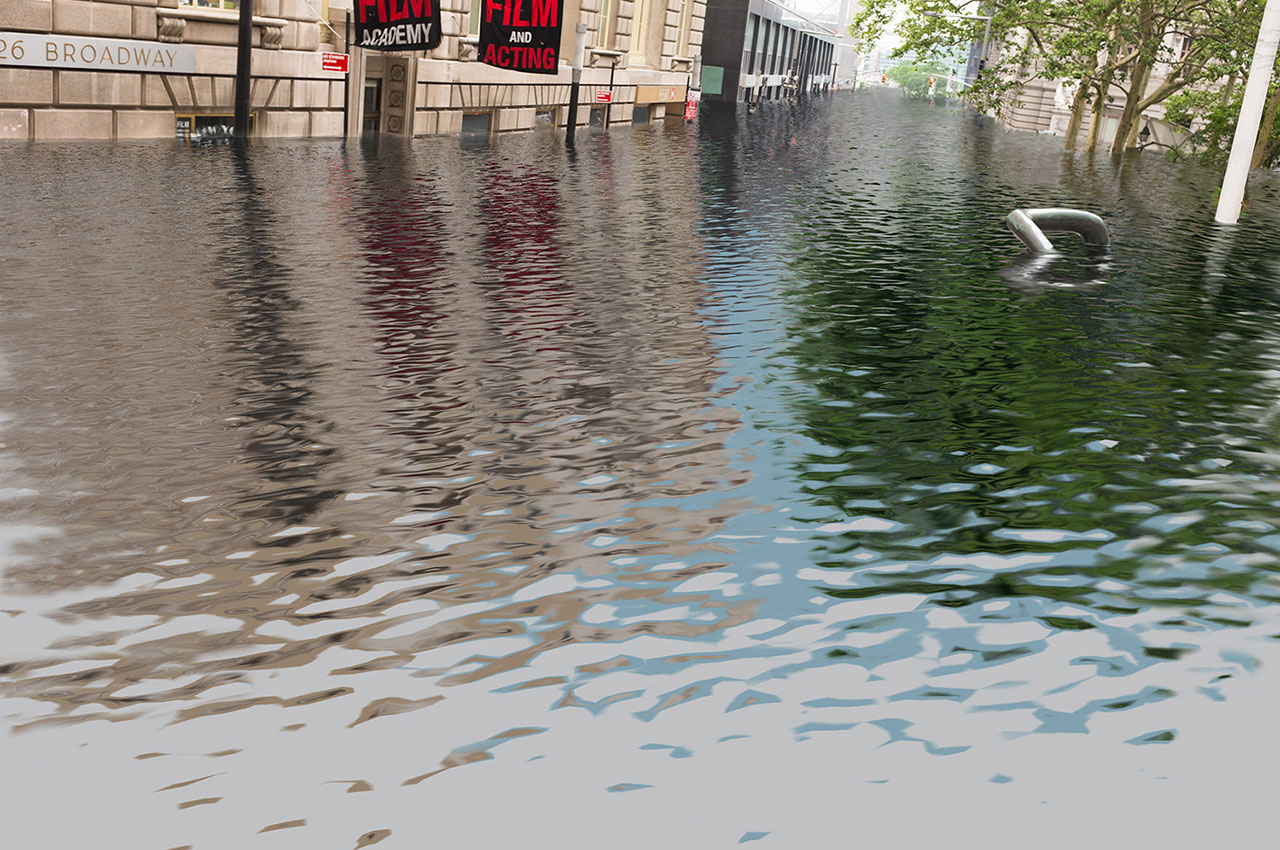 |
| New York City after a 4 degree Celsius rise in temperature. Photo: Climate Central |
The summit will be opened by some 100 heads of state and government, among them US President Barack Obama, China's Xi Jinping, and Narendra Modi of India.
It is meant to produce the first truly universal pact to rein in climate change by curbing emissions from burning fossil fuel. It is also tasked with helping poor countries adapt to climate impacts already in the pipeline.
Ministers are the ones who will ink the deal at the end.
But first, they must find political compromise to feed into a blueprint for the deal compiled by rank-and-file diplomats over years of tough negotiations in the UN climate forum.
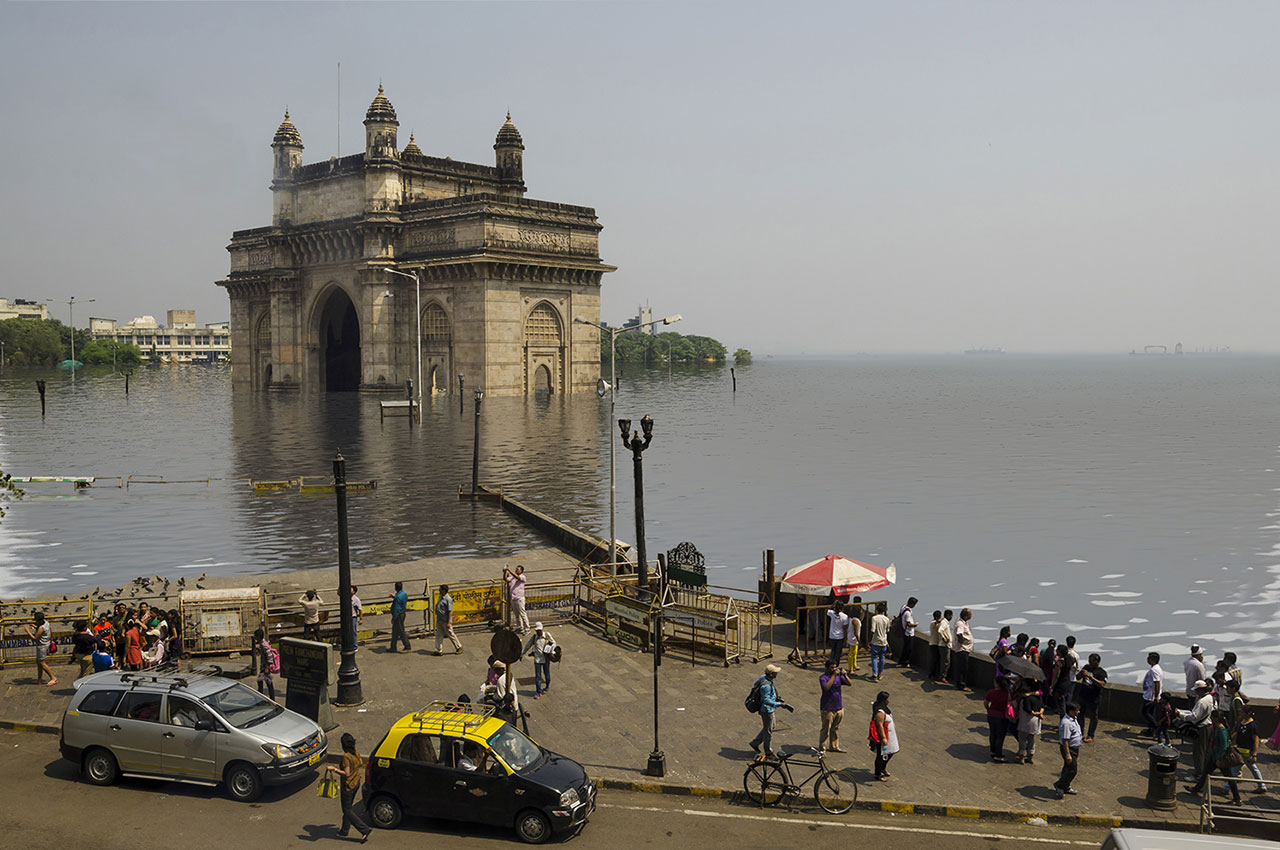 |
| Mumbai after a 2 degree Celsius rise in temperature. Photo: Climate Central |
 |
| Mumbai after a 4 degree Celsius rise in temperature. Photo: Climate Central |
Wrangling over finance, fairness
For now, the draft remains little more than a laundry list of often directly opposing national options for dealing with the challenge at hand.
Countries remain divided on issues of fairness and finance -- basically who must be doing what.
Developing countries insist rich ones should lead the way in slashing emissions as they have polluted for longer.
They also want assurances of finance to make the shift from cheap and abundant fossil fuel to greener energy sources, and to shore up defences against climate change-induced superstorms, drought, flood and sea-level rise.
But industrialised countries point the finger at emerging giants such as China and India spewing carbon dioxide as they burn coal to power expanding populations and economies.
As the bickering continues, the UN last week issued a fresh warning that national carbon-curbing pledges submitted to date set the stage for warming of about 3 C, or more.
Last month, scientists said the first nine months of 2015 had been the hottest on record worldwide.
 |
| Rio de Janeiro after a 2 degree Celsius rise in temperature. Photo: Climate Central |
 |
| Rio de Janeiro after a 4 degree Celsius rise in temperature. Photo: Climate Central |
Pre-COP
Ministers are aiming to ink a global deal to prevent worst-case-scenario warming at the end of the November 30-December 11 Conference of Parties (COP21) in Paris.
It will be opened by UN chief Ban Ki-moon and some 100 heads of state and government including US President Barack Obama, China's Xi Jinping, Narendra Modi of India -- and now also Putin.
The three-day ministerial "pre-COP" from Sunday to Tuesday must seek political convergence on key issues still dividing nations, to avoid a repeat of the 2009 Copenhagen summit which ended without a binding global pact.
The Paris agreement will be underpinned by national pledges to curb greenhouse gas emissions from burning coal, oil and gas -- the best way to slow climate change.
Climate beliefs political: Survey
But the UN this week issued a fresh warning that pledges submitted to date set the stage for warming of closer to 3 C, or more.
Last month, scientists said the first nine months of 2015 had been the hottest on record worldwide.
Climate negotiators were bracing for another report later Monday, this time from the United Nations weather agency, which will release its annual report on the concentration of greenhouse gases in the atmosphere.
Laundry list
Ministers will base their discussions in the coming days on a rough draft of a deal compiled by rank-and-file diplomats over years of tough negotiations in the UN climate forum.
They cannot alter the text -- merely identify areas for potential political compromise to be fed back into it.
For now, the blueprint remains little more than a laundry list of often directly opposing national options for dealing with the challenge at hand.
Developing countries insist rich ones should lead the way in slashing emissions as they have polluted for longer.
They also want assurances of finance to make the shift from cheap and abundant fossil fuel to greener energy sources, and to shore up defences against climate change-induced superstorms, drought, flood and sea-level rise.
But industrialised countries point the finger at emerging giants such as China and India spewing carbon dioxide as they burn coal to power expanding populations and economies.
